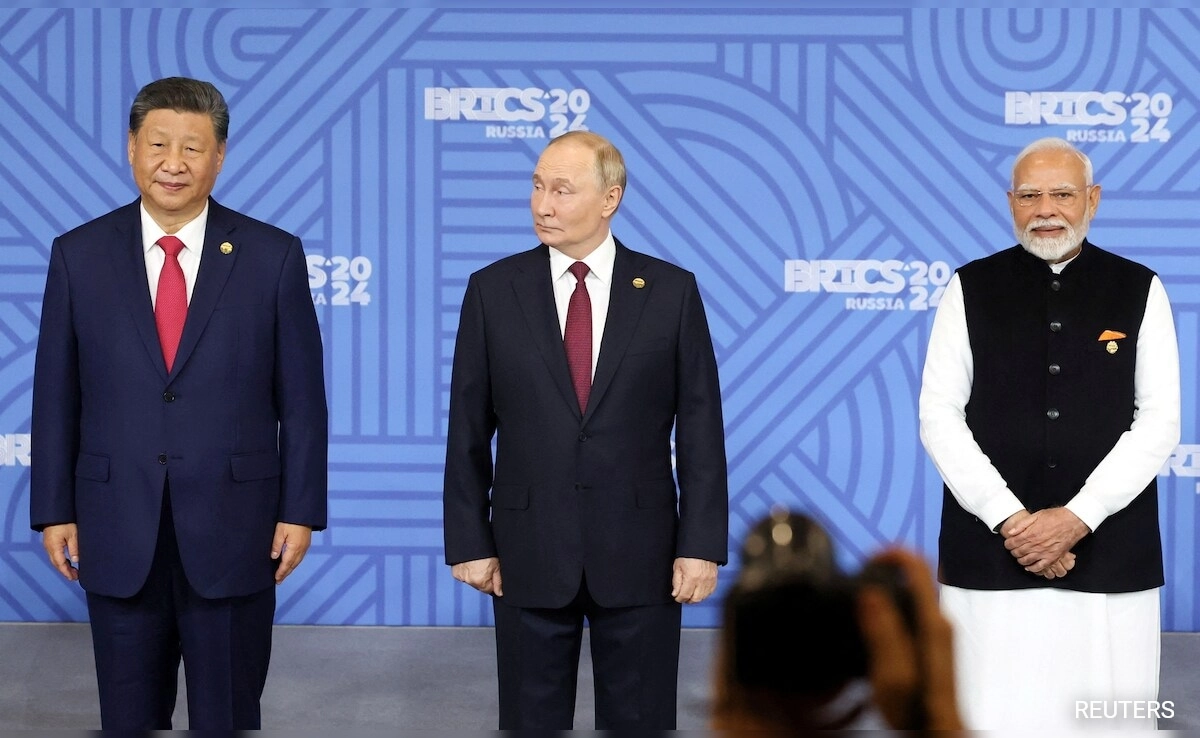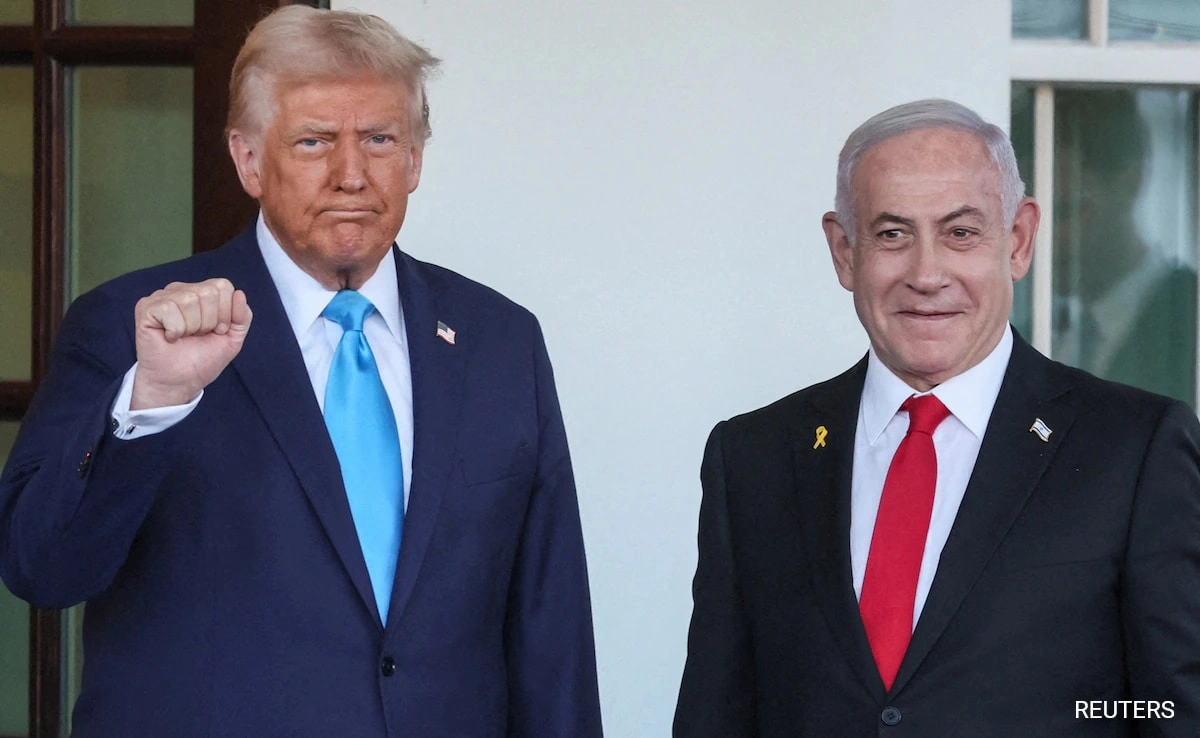The recent embrace between India, China, and Russia, largely driven by the geopolitical dynamics and the pursuit of cheaper oil, presents a complex scenario fraught with potential risks and heavy costs for India. While the allure of affordable energy resources is undeniable, it is essential to consider the broader implications of aligning closely with China and Russia, two nations that have historically been viewed with skepticism by India. This partnership, especially in the context of energy procurement, may lead to unintended consequences that could undermine India’s strategic autonomy and long-term interests.
India’s increasing reliance on Chinese and Russian oil can be seen as a short-term solution to rising energy demands and fluctuating global oil prices. However, this dependency could expose India to geopolitical vulnerabilities. As the global landscape shifts and tensions rise between major powers, India’s partnership with these nations may complicate its relations with the West, particularly the United States. This could lead to a precarious balancing act, where India finds itself caught between its historical allies and its newfound partners. Moreover, aligning closely with nations that have divergent interests may hinder India’s ability to assert its own strategic objectives on the international stage.
Furthermore, the economic implications of this partnership cannot be overlooked. While the initial cost savings from cheap oil may seem beneficial, the long-term consequences of increased economic interdependence with China and Russia could lead to adverse effects on India’s domestic industries. As India seeks to bolster its manufacturing sector and achieve self-reliance, reliance on foreign oil supplies could stifle domestic production capabilities and innovation. This scenario raises critical questions about the sustainability of India’s energy strategy and its ability to navigate the global energy market without compromising its economic integrity.
In conclusion, while the embrace of cheap oil from China and Russia may offer immediate financial relief to India, the potential long-term costs could outweigh these benefits. The complexities of international relations and the need for strategic autonomy should guide India’s approach to energy procurement. Instead of relying heavily on these nations, India must prioritize diversifying its energy sources and investing in renewable technologies to ensure a resilient and self-sufficient energy future. Balancing economic interests with geopolitical realities will be crucial for India to navigate this intricate landscape without jeopardizing its national interests.




